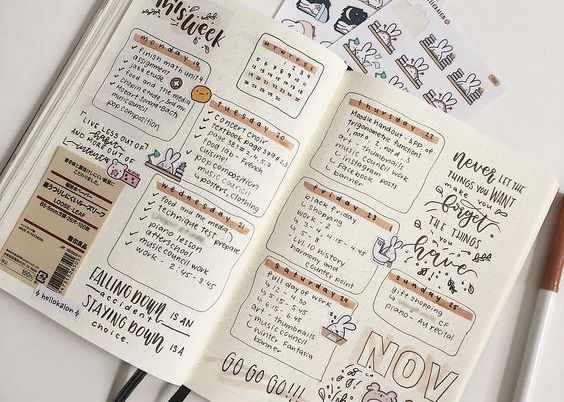Copy that
February 22, 2019
Copying, collaborating, plagiarizing. Whatever form it comes in, cheating in high schools has become a serious problem nationwide. No matter which class I attend, there is at least one form of cheating that occurs every single day. If a homework assignment is due or if there is a super difficult test, cheating is bound to be the first resort for most students. According to Edutopia, a survey of 70,000 students across the United States concluded that 95% percent admitted to cheating in some capacity. But then the question does come to mind: why do teens cheat?
There can be numerous reasons why kids cheat, but at the end of the day it is the growing laziness and lack of determination. By a student´s high school years, he or she becomes burnt out with school and stops caring about effort being put into school. Other kids may not want to spend time studying for a huge test coming up. Another group of kids may just not have the motivation to finish a math worksheet assigned on a busy night. Either way, all instances come back to the lack of personal willpower to succeed.
Open Education Database found out that people who cheat have an average GPA of 3.41 while non-cheaters had an average 2.85. So why not cheat? Clearly, it is beneficial to grade averages. Cheating motivations can also go deeper. So many students in their late teen years feel extreme pressure from their parents and colleges. Even something as simple as class ranking can push a student over the edge. This cheating motivation could go even farther and start earlier than high school burnouts.
I think upbringing plays a major part in why teens now don’t give cheating a second thought. Competitive nature is instilled to most of us at the same time we learn how to walk. Being a part of an incredibly competitive school academically as well as athletically, kids can feel pushed to the limit by the pressures of succeeding. Because of this pressure, I think a lot of kids fall back on the easy way out: cheating. However, another question becomes apparent: why is cheating normalized nowadays?
For me, each one of my teachers has a different policy for cheating and for different kinds of cheating. Some teachers may give a fair warning and make a student redo the assignment, while others may not accept the work and put it as zero completion. I think that due to the varying forms of punishment, there are no strict lines of what a student can or cannot do. Also, sometimes teachers may not be clear over what assignments are collaborative and which ones are individual, so that blurs the line of cheating as well.
I think cheating is normalized in this day and age because of its effectiveness. Cheating is very hard to detect sometimes and teachers cannot always catch it, which makes it difficult to apply punishments. Teenagers are cheating because it is so much easier to get the same, if not better grade, than someone who actually put in the work.
The laziness and lack of motivation is causing the epidemic of cheating to inflate. At this rate, students will start younger and younger. Although all of us at some point probably have cheated in some way before, it doesn’t make it right. Cheating is the easy way out of things that should not come easy.













